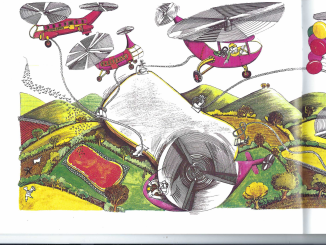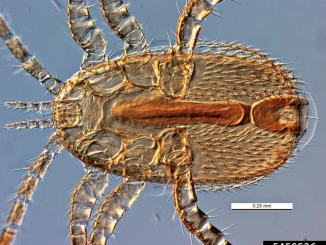
Bee Buzz Box June-July 2025 Smite the Mite Part VII: And then there were None
Alan Wade After all is said and done,More is said than done. Traditional aphorism Scattered reports of varroa in the Canberra region tell us the time for talking is over. Get out there, conduct regular […]









